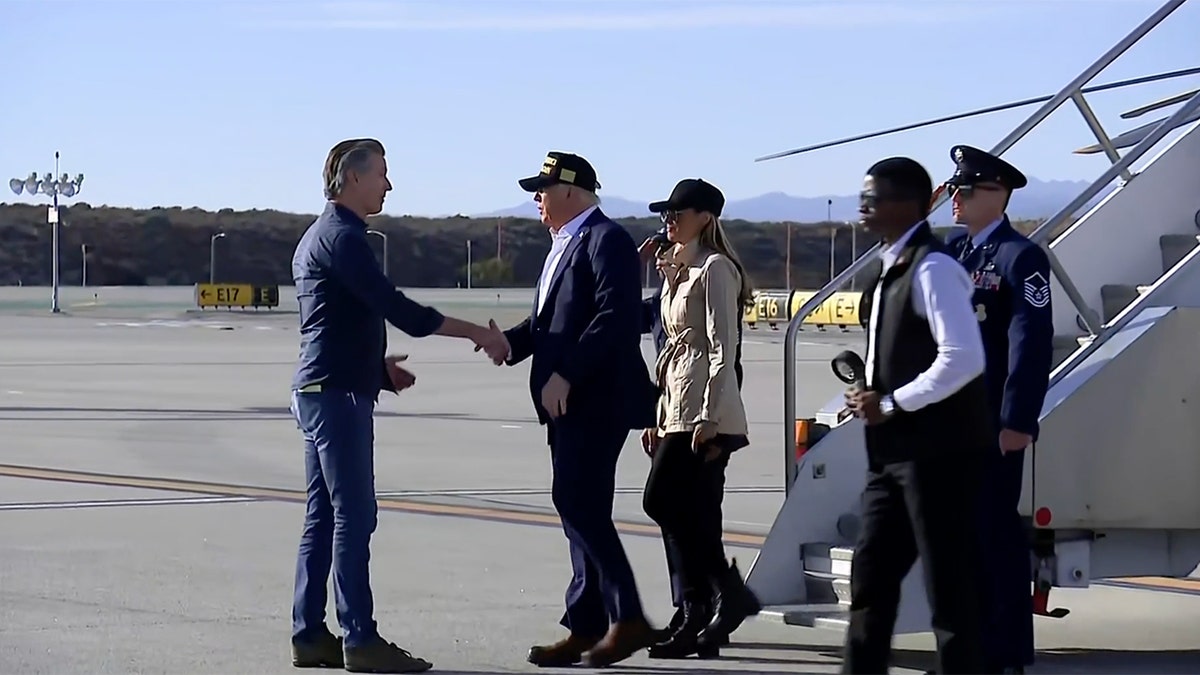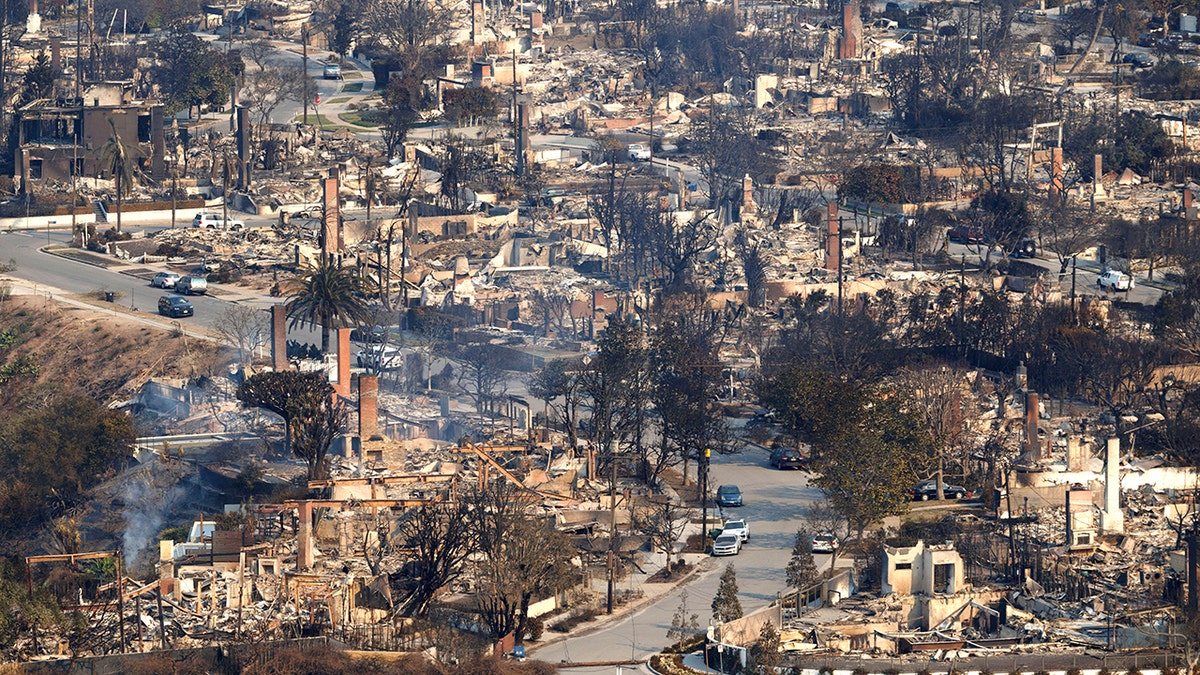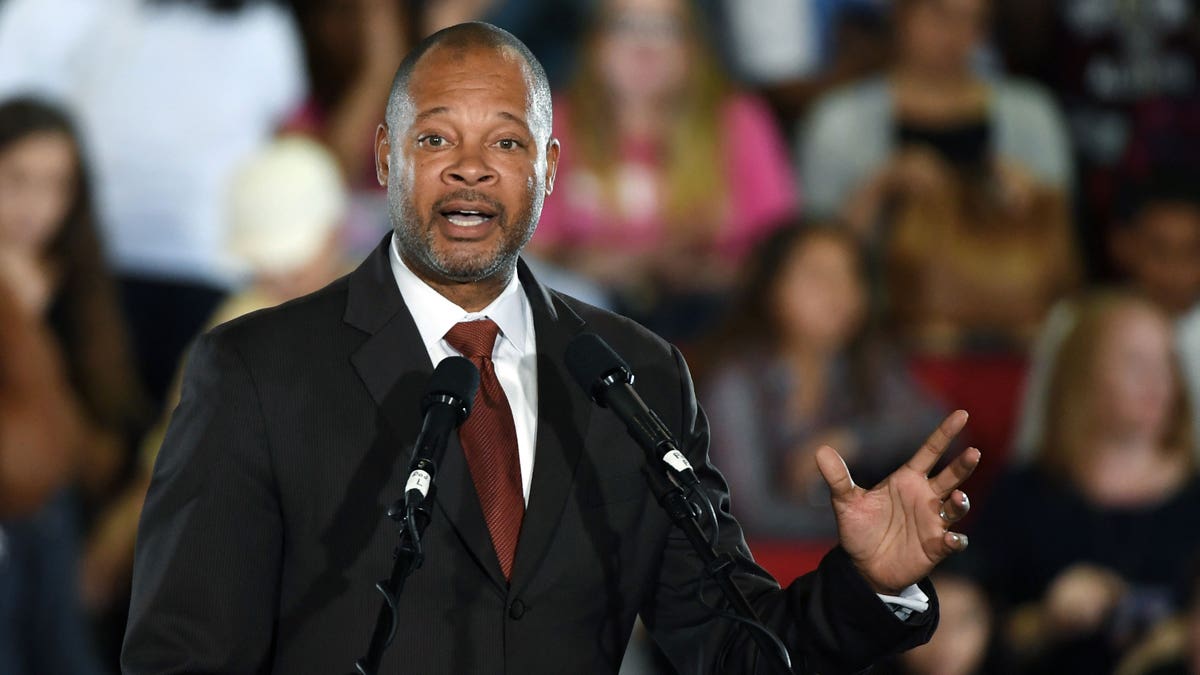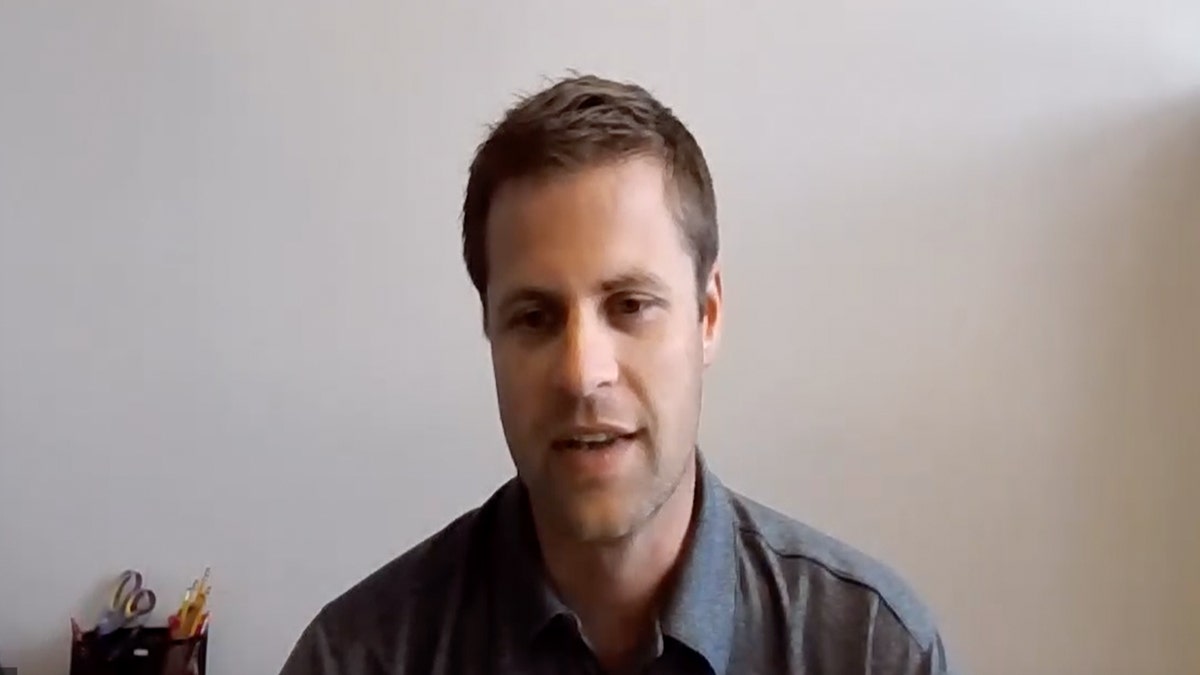California Governor Gavin Newsom recently traveled to Washington, D.C. to meet with President Donald Trump and members of Congress, seeking crucial federal financial assistance for the recovery efforts following the devastating wildfires that ravaged Los Angeles County. The trip marks Newsom's first visit to the nation's capital since Trump's return to the presidency.

The governor is requesting federal reimbursement for the $2.5 billion already allocated by the state for fire recovery, anticipating a final cost reaching tens of billions of dollars. While Newsom's spokesperson emphasized the trip's focus on securing aid for fire survivors, the meeting comes amidst a history of public clashes between the two political figures.
Trump previously criticized Newsom's handling of the crisis, accusing him of mismanagement and even calling for his resignation. He extended his criticism to Los Angeles Mayor Karen Bass and California lawmakers, blaming their policies for the severity of the disaster. Newsom countered these accusations, defending the state's preparedness and blaming the unprecedented wind conditions for fueling the fires. He also accused Trump of spreading misinformation.

Despite their public disagreements, the two leaders met in Los Angeles shortly after Trump's inauguration, where Newsom appealed for federal support. Trump, who had previously threatened to withhold aid, expressed a willingness to collaborate. This seemingly cooperative stance contrasts with their past animosity, which dates back years and intensified during recent election cycles.

More recently, Trump ordered the release of a significant amount of water from Central California reservoirs, a move he touted on social media. However, experts argue this release is wasteful, occurring during the state's typically wet season, and will not benefit Los Angeles as claimed. Newsom, seemingly prioritizing a functional relationship with the president, has refrained from criticizing this decision. This meeting represents a critical moment in their relationship, as the need for federal aid necessitates a degree of cooperation despite their history of conflict.








